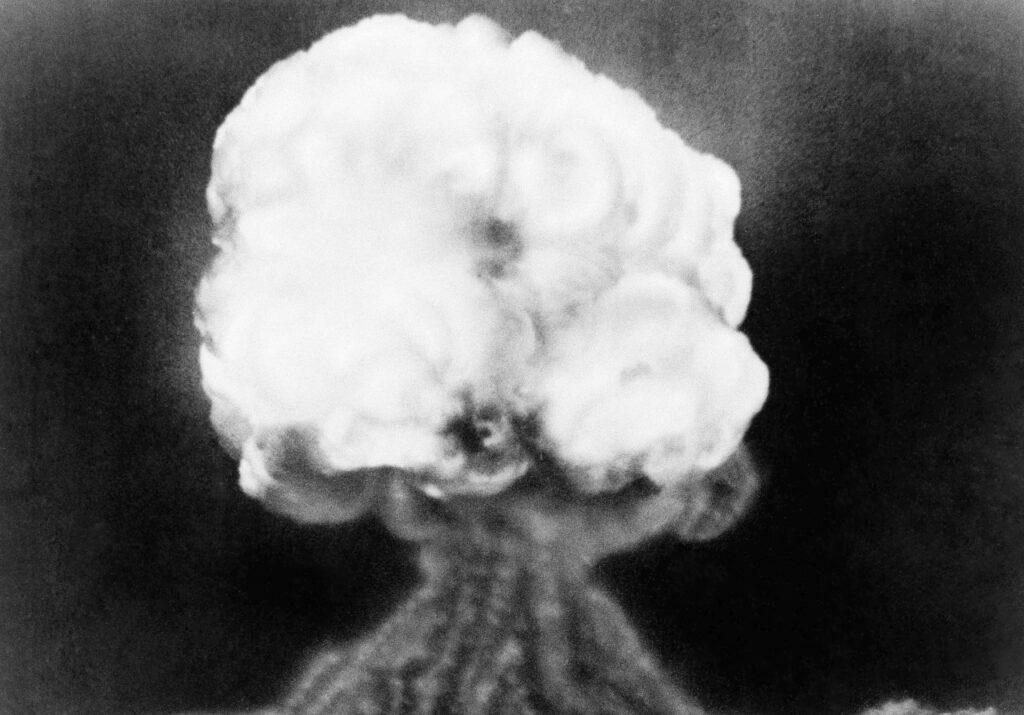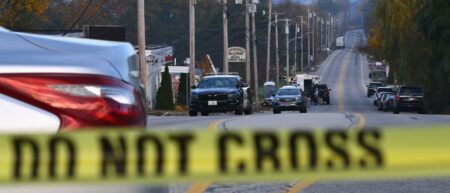The Radiation Exposure Compensation Act (RECA) passed in 1990, but only offered compensation to those who lived in Utah, Nevada and Arizona at the time of U.S. nuclear testing. This means those eligible did not include people in the path of the Trinity test, the first test of an atomic bomb during World War 2.
A proposed expansion of the law passed the Senate 61-37 over the summer, and its cosponsors, Sens. Josh Hawley (R-Mo.), Eric Schmitt (R-Mo.), Ben Ray Lujan (D-N.M.) and Mike Crapo (R-Idaho) are pushing to include it in the annual National Defense Authorization Act.
“It was a bit arbitrarily decided in 1990 when they set up RECA, how the first people exposed to radiation were left out when there was this admission of harm,” said Tina Cordova, co-founder of the Tularosa Basin Downwinders Consortium. “We’ll never know why that happened. But those are the people that would be added for the first time.”
The proposal would also add those exposed to radiation in St. Louis, the site of extensive nuclear storage during the war.
“They began processing uranium for the Manhattan project and that uranium came over from the Belgian Congo,” said Dawn Chapman, a leader of the group Just Moms STL, which has lobbied for the RECA expansion. “We were chosen because of our location — we’re right off the Missouri River, we’re in the middle of the country … we’re kind of out of sight.”
Read more in a full report tomorrow at The Hill.
Read the full article here









